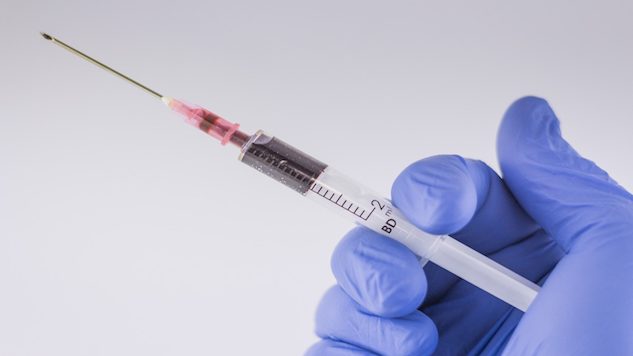
It’s no secret that going to the hospital is expensive, and with the future of health care formidably uncertain, the last thing you want to do is get hit with a costly medical bill. Unfortunately, medicine has transformed into a business rather than a solution, and at times business interest may affect decision-making.
While most doctors aren’t out to get you, plenty of less reputable practitioners have no qualms about sneaking extra fees onto medical bills. If you ever have doubts about a treatment or procedure, seek guidance from an reputable organization such as the American Board of Internal Medicine.
1. Ambulance Costs
Ambulatory fees differ based on where you live—the cost of living and taxes can either raise or lower the cost—but Medicare and Medicaid generally underpay EMT staff. Ambulances thus try to make up the difference by charging patients A basic life support ambulance service starts at $600 and then escalates with distance covered and any equipment used, and advanced life support vehicles start closer to $1,000. If you don’t need an ambulance, then don’t take one and skip the overpriced taxi ride. Some ambulances even charge people for just saying they’ll get in an ambulance, and no matter who dials 911, the patient ends up getting the bill.
2. Unnecessary Testing and X-Rays
Emergency room staff have a tendency to test patients for illnesses and conditions that aren’t pertinent to the symptoms they’re experiencing. Research by the ABIM foundation reveals that the average physician conducts or orders an unnecessary test at least once weekly. Medical attention is expensive, and questionable doctors will conduct extra tests for extra money. The more tests ER staff runs, the more your visit costs. This is also true for x-rays: if only one arm is swollen for example, there’s no reason to expand the scale or examine unrelated bones. Sadly, this malpractice continues with misdiagnoses, which can lead to unnecessary treatment or surgery—and higher bills.
3. Life Support
Life support starts at around $2,000 a day, and depending on the patient’s condition, can escalate astoundingly. As with surgery and treatment, the necessity of a particular medical action depends on the patient and their quality of life. Ultimately, however, this decision lies in the hands of those closest to the patient. The Critical Care Societies Collaborative advises practitioners not to continue “life support for patients at high risk for death or severely impaired functional recovery without offering patients and their families the alternative of care focused entirely on comfort.” It sounds harsh, but sometimes—like when a patient is in a vegetative state and shows no signs of recovery—the best thing doctors can do for patients is let them die.
4. Dialysis Fraud
Dialysis itself is not a scam. Failing kidneys cannot perform their job, so dialysis steps in to regulate chemicals in blood and filter out waste. The problem with dialysis is that it can be unnecessarily issued, especially with older patients. The American Society of Nephrology notes that medical professionals shouldn’t “initiate chronic dialysis without ensuring a shared decision-making process between patients, their families, and their physicians.” A study found that the number of patients with dementia, for example, are placed on dialysis although it offers no positive effect. Several dialysis companies have been caught in scandals including throwing medicine away, billing fraud and dispatching unnecessary ambulances to patients.
5. Colonics
People like to think the gastrointestinal tract is like a system of pipes, and that “hydrotherapy,” or pumping gallons of water up their anuses, will somehow remove toxins and unwanted buildup. Colonics can lead to a serious loss of electrolytes, causing kidney and lung infections, blood infections and even death. Repeated colonics can even disturb your digestive process. If you want a healthier colon, eat some fruit. Your colon does not need to be clean unless you’re getting a procedure, and a little thing called bowel prep exists for that.
Sarra Sedghi is the assistant editor of Paste’s Food and Science sections.